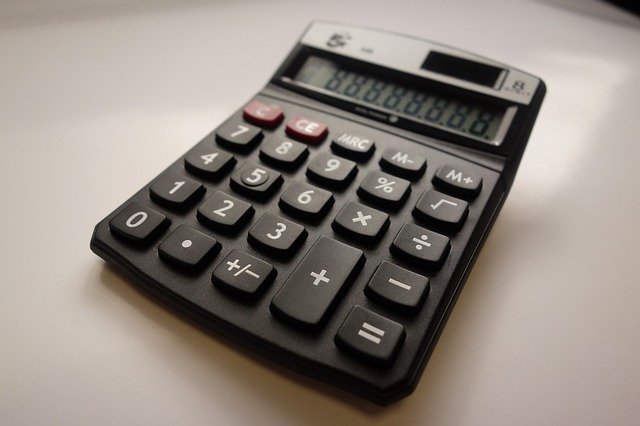An important milestone of young adulthood is the opening of the first checking and savings account. Considered as basic financial tools, checking accounts are beneficial for paying bills, and savings accounts are beneficial for the safety of your money in preparation for the future. There are many advantages to using these accounts, but it also has several disadvantages. Potential account holders should carefully examine the pros and cons of both accounts before opening an account. Which is an advantage of using a checking account?
About the checking account
A checking account is an essential tool for managing personal finances. All checking accounts operate in a similar way by all banking institutions, but the functions and fees vary from bank to bank. Keeping a check account has both advantages and disadvantages that should be considered before choosing a bank and its check account options.
Advantages of checking accounts
Check account holders have access to online and mobile banking, ATMs and the use of debit cards and checks to make purchases or withdraw funds from the account. Many employees find that checking accounts are useful for depositing checks directly. Thanks to direct payment, the employer automatically transfers the amount of the payroll to the employees’ bank account, saving time and avoiding traveling to the bank to withdraw cash. Most check accounts in the United States are also insured by the Federal Deposit Insurance Corporation (FDIC) up to USD 250,000, ensuring that the account holder can safely store his money in the bank.
Automatic payment of checks to your checking account allows you to get money faster, and also saves time and energy associated with self-checking.

Debit Cards
Most banks offer check cards for use at ATMs (ATMs), and Visa or MasterCard cards are accepted for purchases anywhere using a check account balance without issuing a check. Debit cards are used for online purchases, car rentals, purchase tickets from airlines and to receive cash at many points of sale without ATM fees.
Disadvantages of checking accounts
Many checking accounts have a number of fees that the owner of the account may incur. Fees include monthly or maintenance fees, fees for ATM withdrawals from third-party devices, bank transaction fees, and telephone transaction fees for using customer service. Some banks also require minimum balances and charge a fee if the account balance is below the minimum. Other disadvantages of checking accounts include restrictions on withdrawals from ATMs, potential charges for overdraft and debit card usage.
A checking account has both advantages and disadvantages. It is worth to carefully read the offer and then assess whether the checking account is the right form for a given person.














